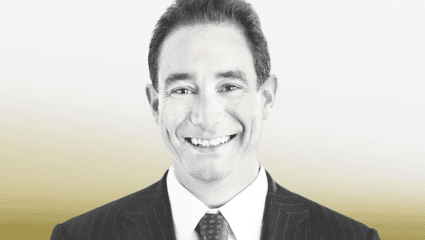Fresh Start: CohnReznick's Sherman, The Deal's Meagher Talk Distressed SPACs

Starry Group Holdings Inc. filed for Chapter 11 last month, but the internet service provider is merely the latest in a string of companies to file for bankruptcy protection recently after going public via special purpose acquisition company.
On the latest episode of Fresh Start, CohnReznick LLP’s Taylor Sherman and The Deal’s own Bill Meagher discussed distress among companies that merged with SPACs.
“There’s a whole host of companies that are significantly distressed, and the rapidity at which the wheels came off is shocking,” Sherman said.
There are a lot of questions surrounding these deals, he added, when a company that finished its de-SPAC process is in Chapter 11 in a period of nine to 18 months, citing liquidity issues, he added.
Many of the companies “should never have gone public in the first place,” Meagher said. It’s not that they were suspect, but they weren’t ready for primetime. “I think there was an absence of quality due diligence on the part of sponsors. Investors didn’t ask sponsors to step up and do that hard work.”
The sentiments come after a slew of companies that recently completed de-SPACs — amid a recent boom — have entered Chapter 11 with plummeting valuations. Sherman and Meagher discussed examples including Rockley Photonics Holdings Ltd. and Core Scientific Inc., among others.
They delved into the reasons these deals got done and where things are headed from here.
Listen to the podcast with Taylor Sherman and Bill Meagher below.
More podcasts from The Deal are available on iTunes, Spotify and on TheDeal.com.



